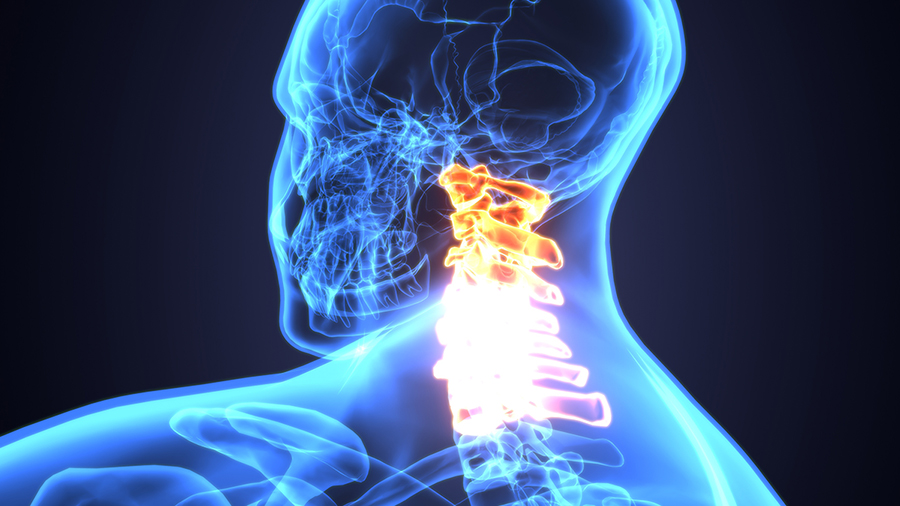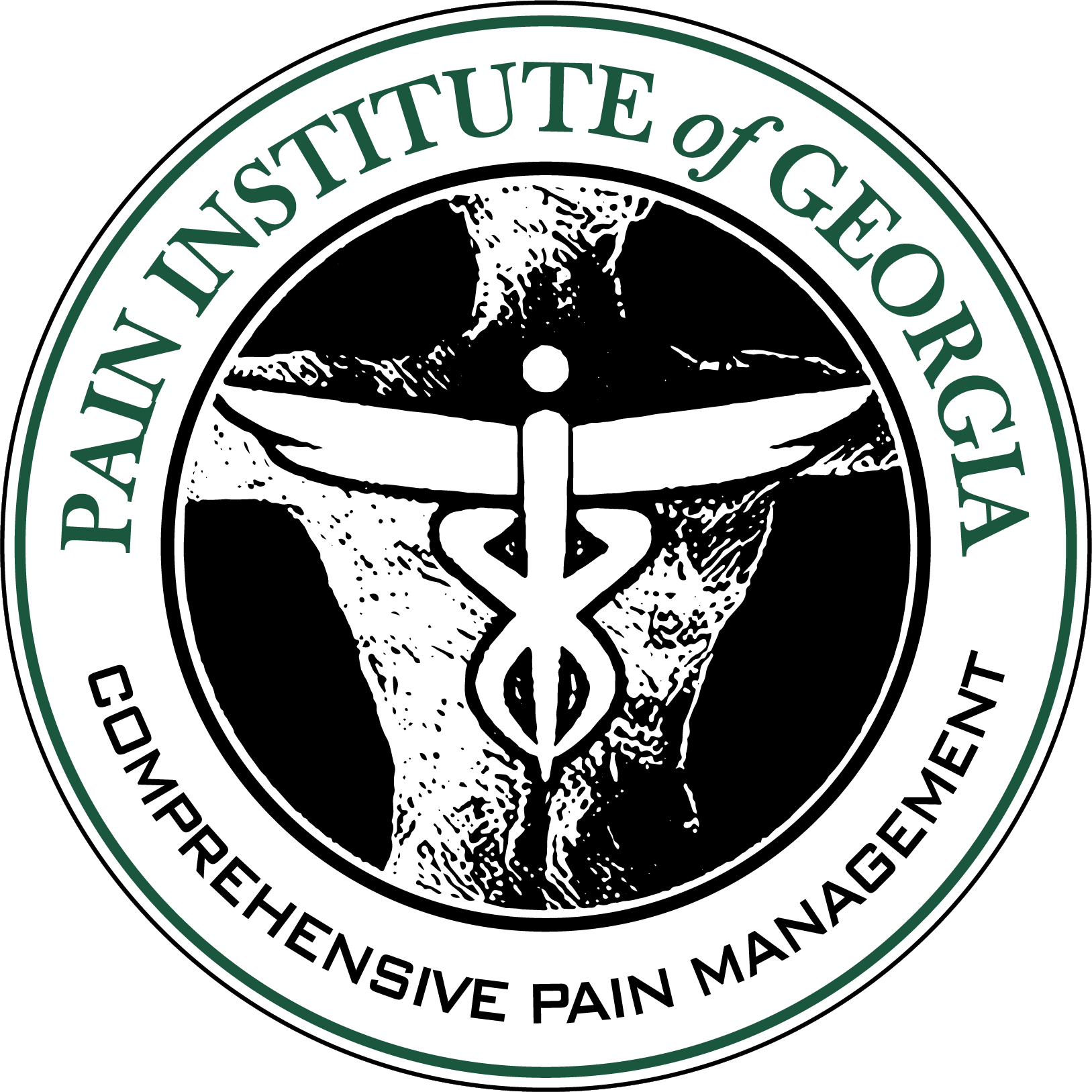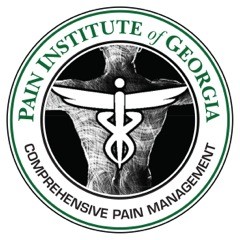
The sympathetic nerve block is a minimally invasive procedure that involves injecting a local anesthetic into the sympathetic nerves. The sympathetic nerves are a part of the autonomic nervous system and are responsible for the “fight or flight” response. This response can lead to an increase in heart rate, blood pressure, and anxiety.
Why would you need a sympathetic nerve block?
In some cases, chronic pain can be caused by an overactive sympathetic nervous system. By blocking these nerves with an anesthetic, the pain signals are interrupted, and the patient may experience relief from their chronic pain.
Drs. Giron, Earls, or DeLaPierriere will discuss the risks and benefits of the procedure if they feel it is a good option for you. If you suffer from chronic pain and are interested in exploring alternative treatment options, a sympathetic nerve block may be a viable solution.
What Happens During a Nerve Block?
A nerve block is a relatively quick outpatient procedure. Your doctor will prepare you for the injection by cleaning your skin and providing a local anesthetic.
Then, when you’re ready, he inserts the needle until it’s close to the affected nerve. He will use fluoroscopy or an ultrasound to ensure the correct placement of the injection. When the needle is in the precise location, he injects the medication.
The injection itself only takes a few minutes. You might need more than one injection to address your pain. Patients can go home the same day and resume their daily activities.
What Should You Expect After a Nerve Block?
In most cases, you spend up to a half-hour resting after your nerve block. You might have almost immediate pain relief, or the medication might need 24-48 hours to take effect.
A friend or family member should drive you home, but in most cases, you can return to most of your regular activities right away.
Studies have shown that sympathetic nerve blocks can be effective in reducing chronic pain in various conditions, including neuropathic pain, complex regional pain syndrome, and cancer pain.
For more information on our interventional treatment methods, please contact our office. We now have four convenient locations; Macon, Warner Robbins, Cordele, and Hawkinsville, GA.
At Pain Institute of Georgia, we are focused on providing our patients with the latest in pain treatment technology and continue to offer new, state-of-the-art procedures. View the list of conditions we specialize in and schedule an appointment today!

